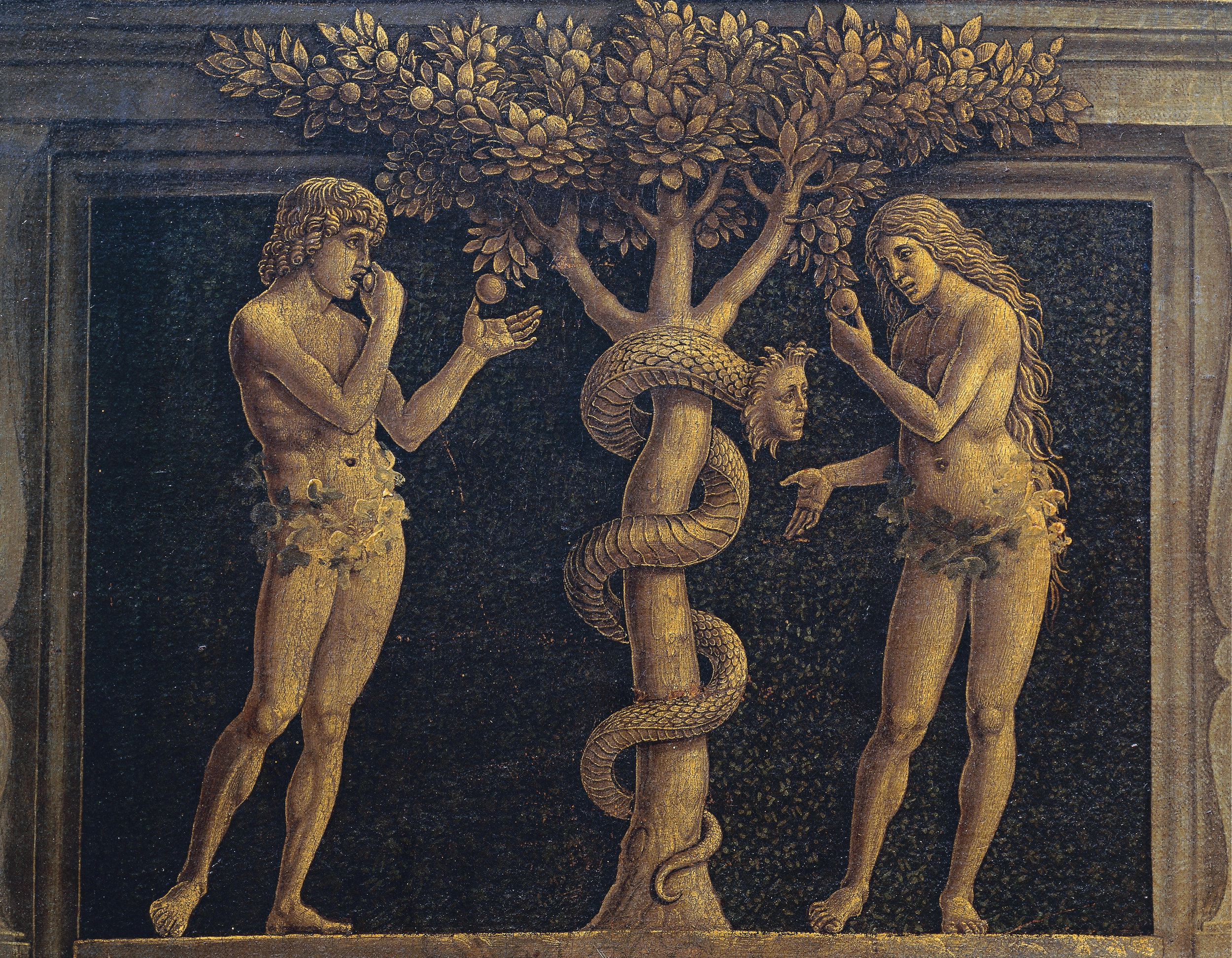There is so much going on in the world, in the country and in your life right now, I want to challenge you to stop where you are right now and pray. Yes. Right now. This moment.
In his book, Praying Backwards, Bryan Chapell tells this story:
On March 9, 1842, the resources of the orphanage run by George Mueller were exhausted. For years Mueller had never asked for money to run the orphanage. He simply prayed for their needs, and God had always supplied. But on this day the money had run out. Mueller’s response was to do what he knew best. He gathered friends early in the morning and prayed again. The daily mail provided no relief. Then, just as all hope seemed lost, a special delivery letter arrived. It was a letter that had initially been delivered to the wrong address.
The letter contained a sizable gift mailed from another city. The timely arrival of the misdirected letter meant that the Lord had begun to answer the morning prayer several days earlier. The Lord had interwoven events, thoughts, and timing involving the donor, the postal service, various forms of transportation, bank transfers, and Mueller’s prayers to culminate in the needed donation arriving at the crucial moment.
Such events were repeated numerous times in Mueller’s ministry. Some reports say such providential rescues of the orphanage occurred hundreds of times. Whatever the precise number, the effect on the ministry is clear. Mueller and his associates grew to expect the Lord’s work. Mueller’s biographer writes that the minister and those who served with him sang without reservation:
I believe God answers prayer
Answers always, everywhere;
I may cast my anxious care,
Burdens I could never bear,
On the God who heareth prayer.
Never need my soul despair
Since He bids me boldly dare
To the secret place repair,
There to prove He answers prayer.
“Rejoice always, pray without ceasing, give thanks in all circumstances; for this is the will of God in Christ Jesus for you” (I Thessalonians 5:16-18 ESV).
In Christ,
Pastor Phil Schroeder







